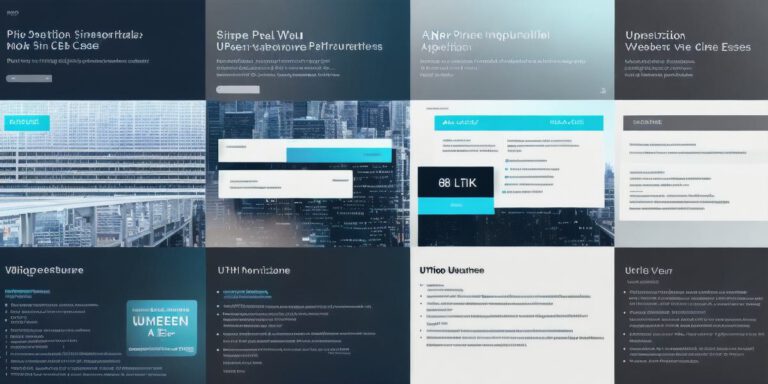Protect Your Privacy with Web3: A Guide to Private Browsing

Web3 technology is revolutionizing the way we interact online, but it’s important to remember that with great power comes great responsibility. One of the most significant concerns for Web3 users is protecting their privacy. In this guide, we will explore some of the best ways to ensure that your browsing experience remains private and secure.

1. Use Private Browsing Mode
Private browsing mode is a feature in most web browsers that allows you to browse the internet anonymously. This mode doesn’t save any cookies or other data, so your online activity remains private. It’s important to use this mode whenever you access sensitive information, such as financial transactions or personal emails.
- Use VPNs
VPNs (Virtual Private Networks) are a great way to protect your privacy when using the internet. A VPN encrypts your traffic and hides your IP address, making it difficult for hackers or other malicious actors to track your online activity. VPNs can also help you bypass geographic restrictions, which is useful if you want to access content from a different country.3. Use Password Managers
Password managers are a great way to securely store and manage your passwords. Instead of remembering multiple complex passwords, you can use one master password that generates unique, strong passwords for each of your accounts. This makes it much harder for hackers to gain access to your accounts.
4. Use Two-Factor Authentication
Two-factor authentication (2FA) is a security feature that requires users to provide two forms of identification before accessing an account. This can include something you know, such as a password, and something you have, such as a phone or smart card. 2FA makes it much harder for hackers to gain access to your accounts, even if they have your password.
5. Use Encrypted Messaging Apps
Encrypted messaging apps are a great way to protect your privacy when communicating online. These apps use end-to-end encryption, which means that only the sender and recipient can read the messages. This is particularly useful for sensitive information, such as financial transactions or personal conversations.
6. Avoid Public Wi-Fi Networks
Public Wi-Fi networks are often not secure, which makes them vulnerable to hacking. If you must use public Wi-Fi, avoid accessing sensitive information and be cautious of phishing scams. It’s best to use a VPN or your mobile data connection when using public Wi-Fi.
7. Keep Your Software Up-to-Date
It’s important to keep all of your software up-to-date to ensure that you have the latest security patches. This includes your operating system, web browser, and any other software you use online. Outdated software can leave you vulnerable to security threats.
FAQ:
- Q: What is Web3 technology?
A: Web3 technology is a decentralized network that allows users to interact with each other without the need for intermediaries like banks or social media companies. - Q: What is private browsing mode?
A: Private browsing mode is a feature in most web browsers that allows you to browse the internet anonymously. This mode doesn’t save any cookies or other data, so your online activity remains private. - Q: What is VPNs?
A: VPNs (Virtual Private Networks) are a great way to protect your privacy when using the internet. A VPN encrypts your traffic and hides your IP address, making it difficult for hackers or other malicious actors to track your online activity.








